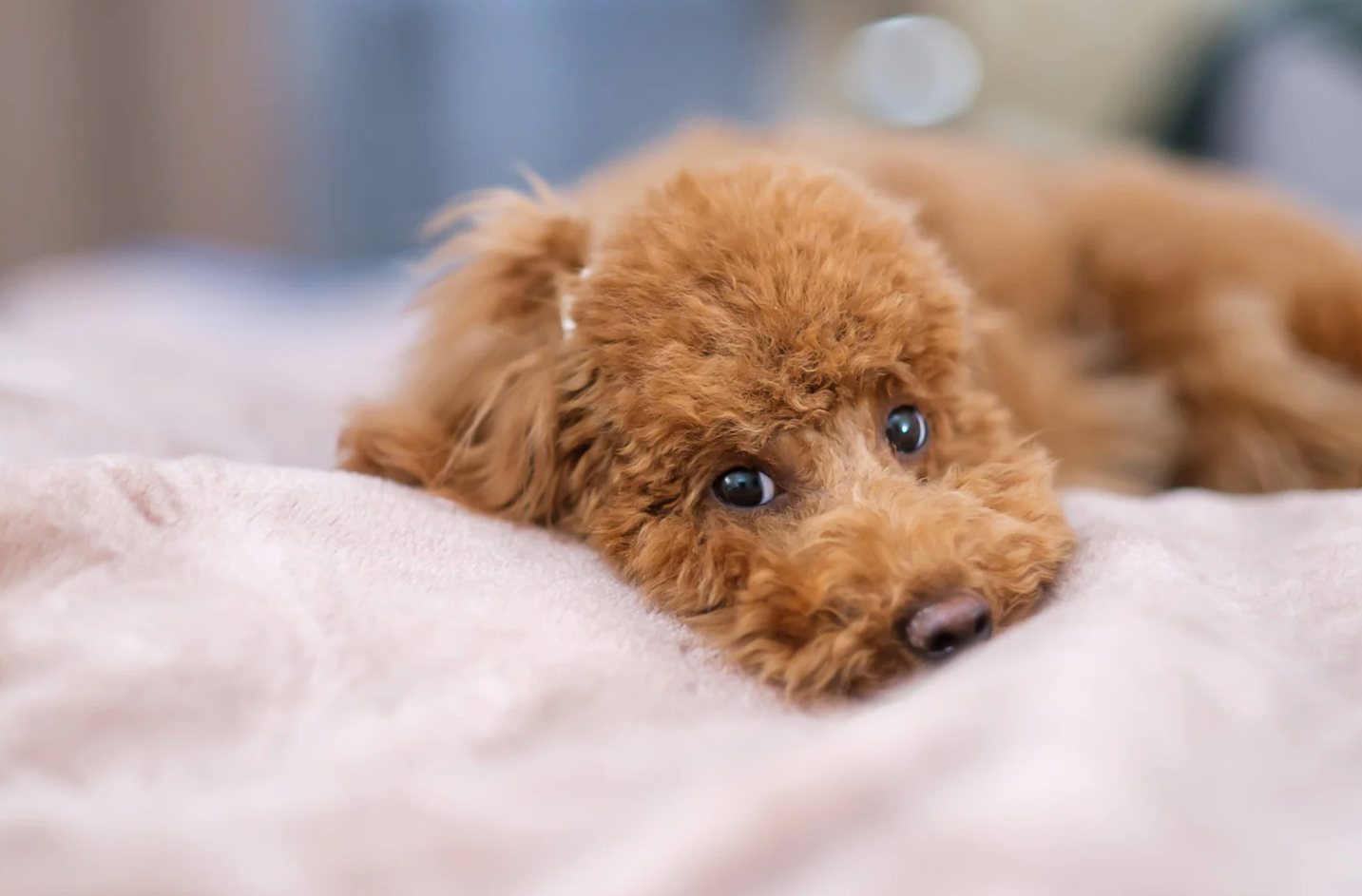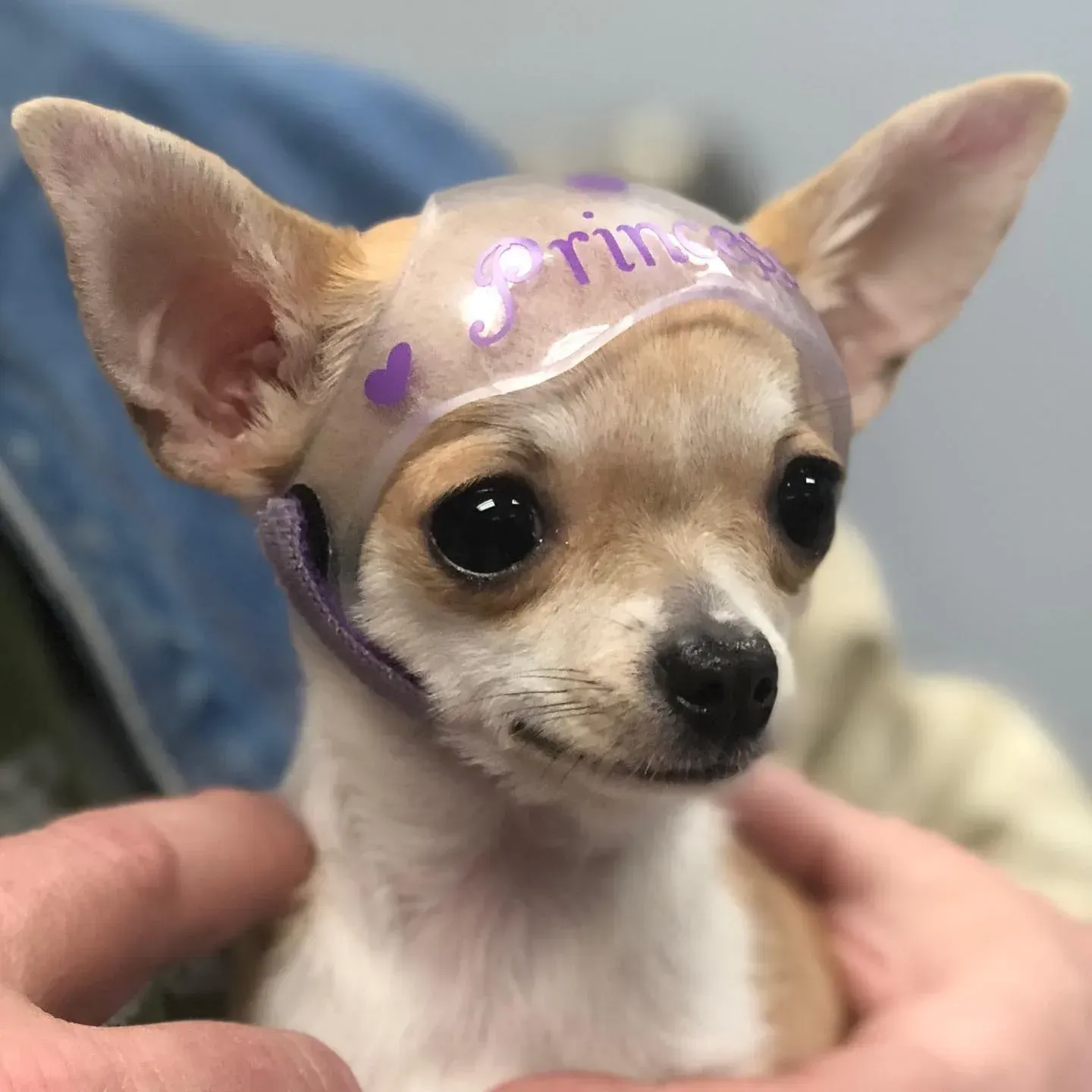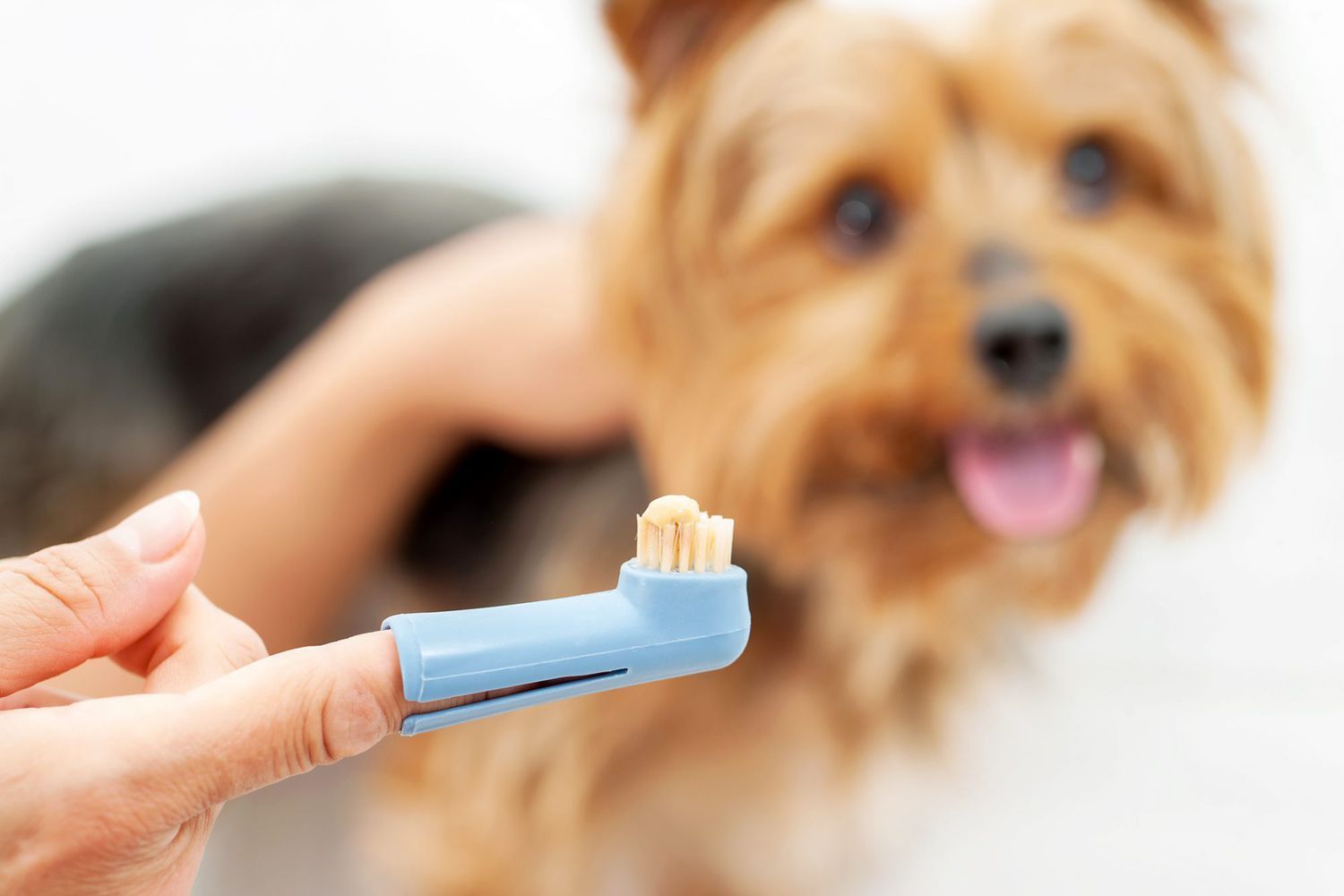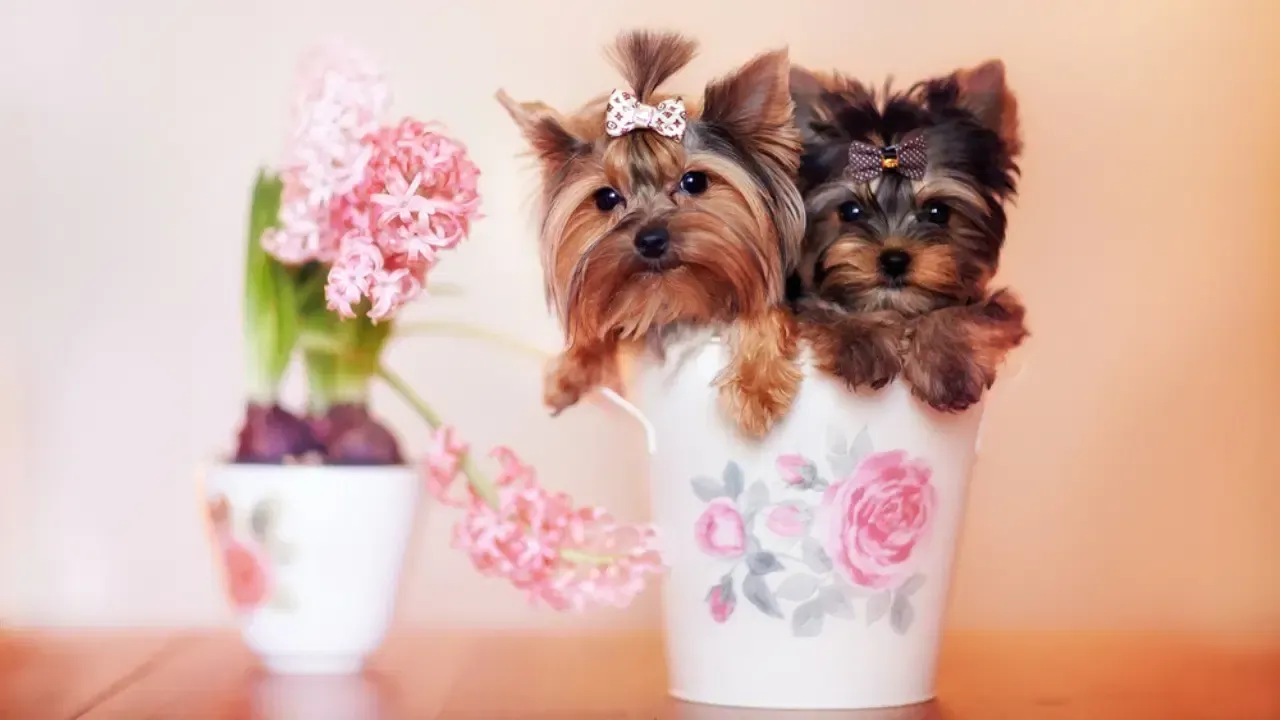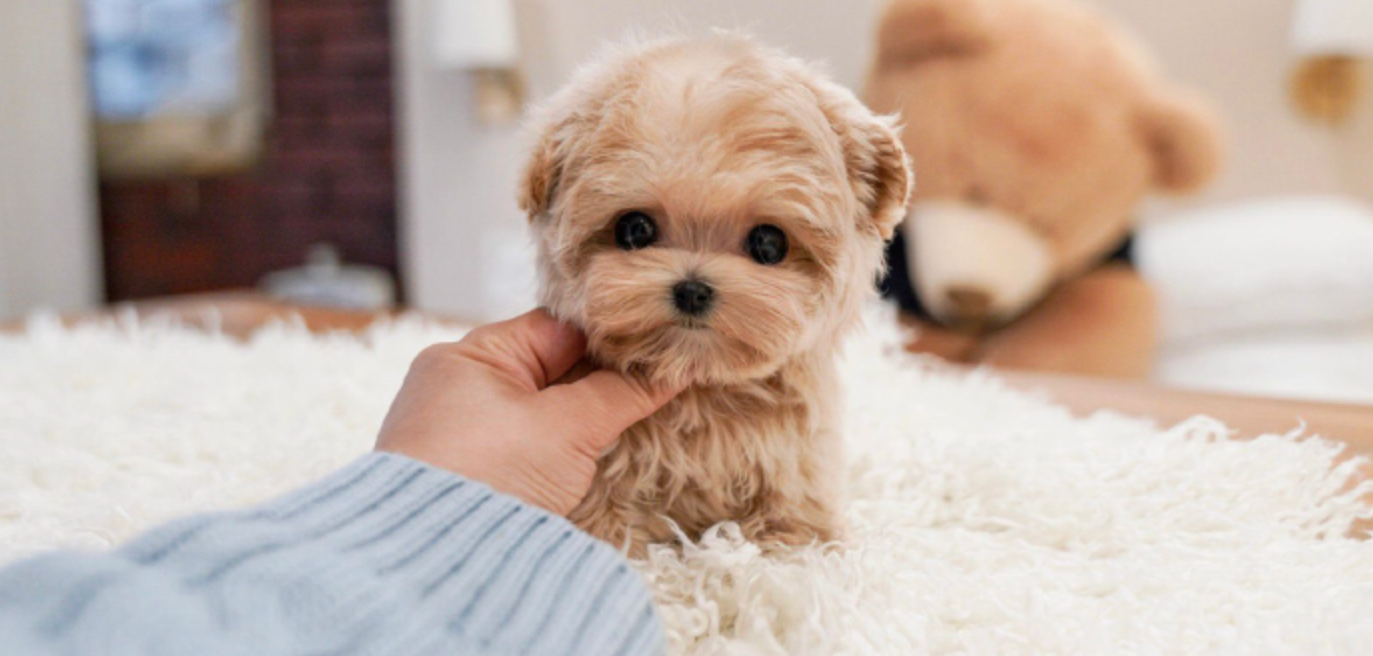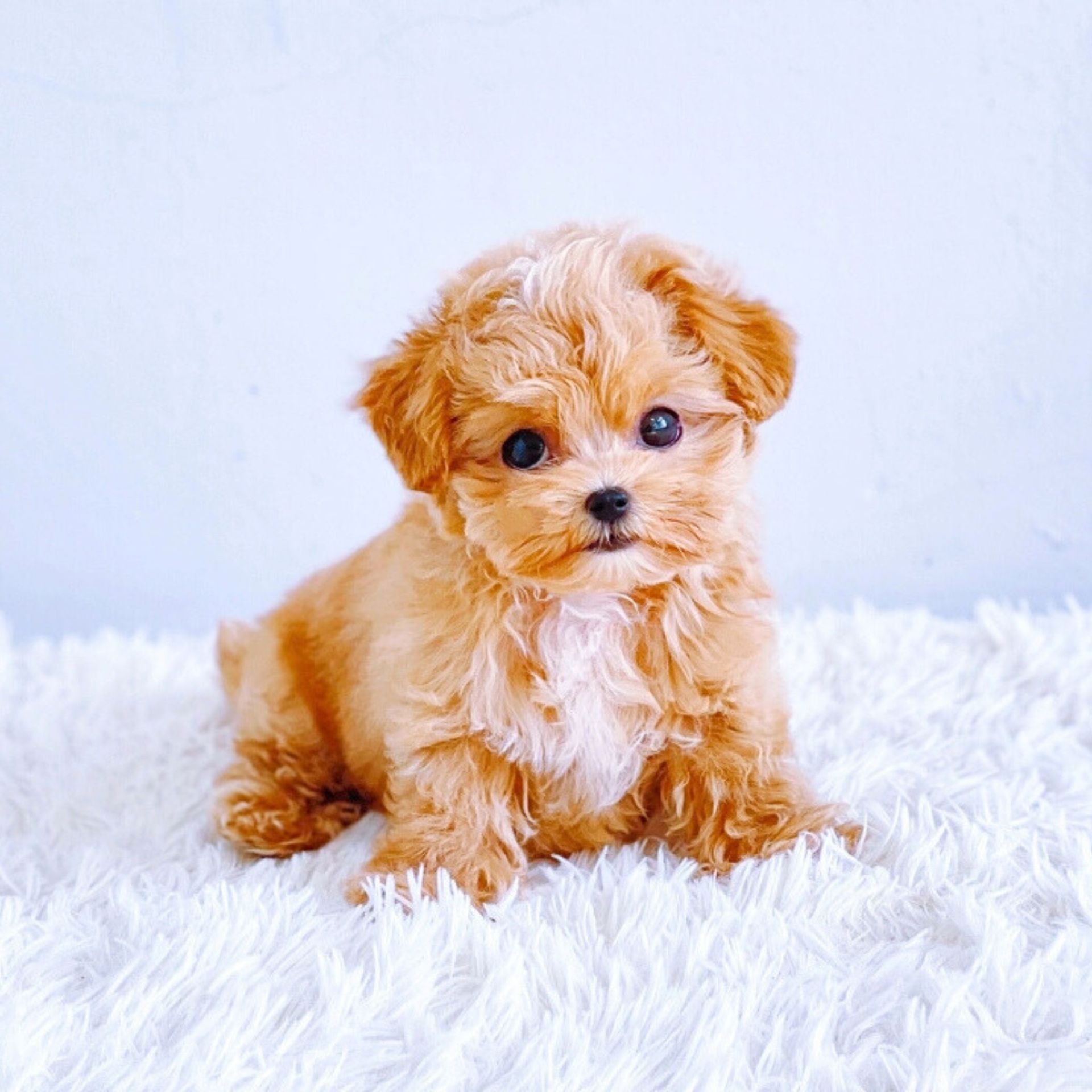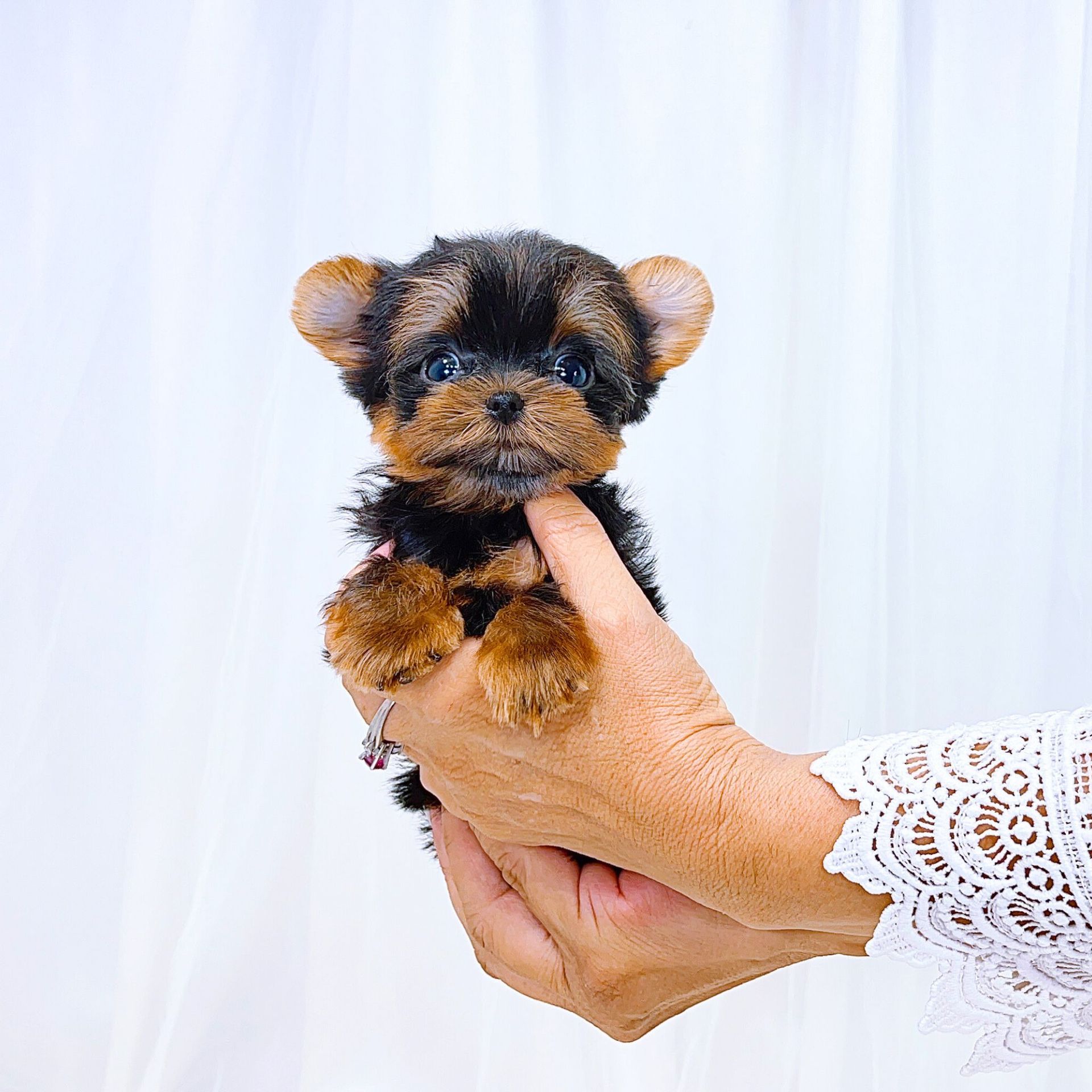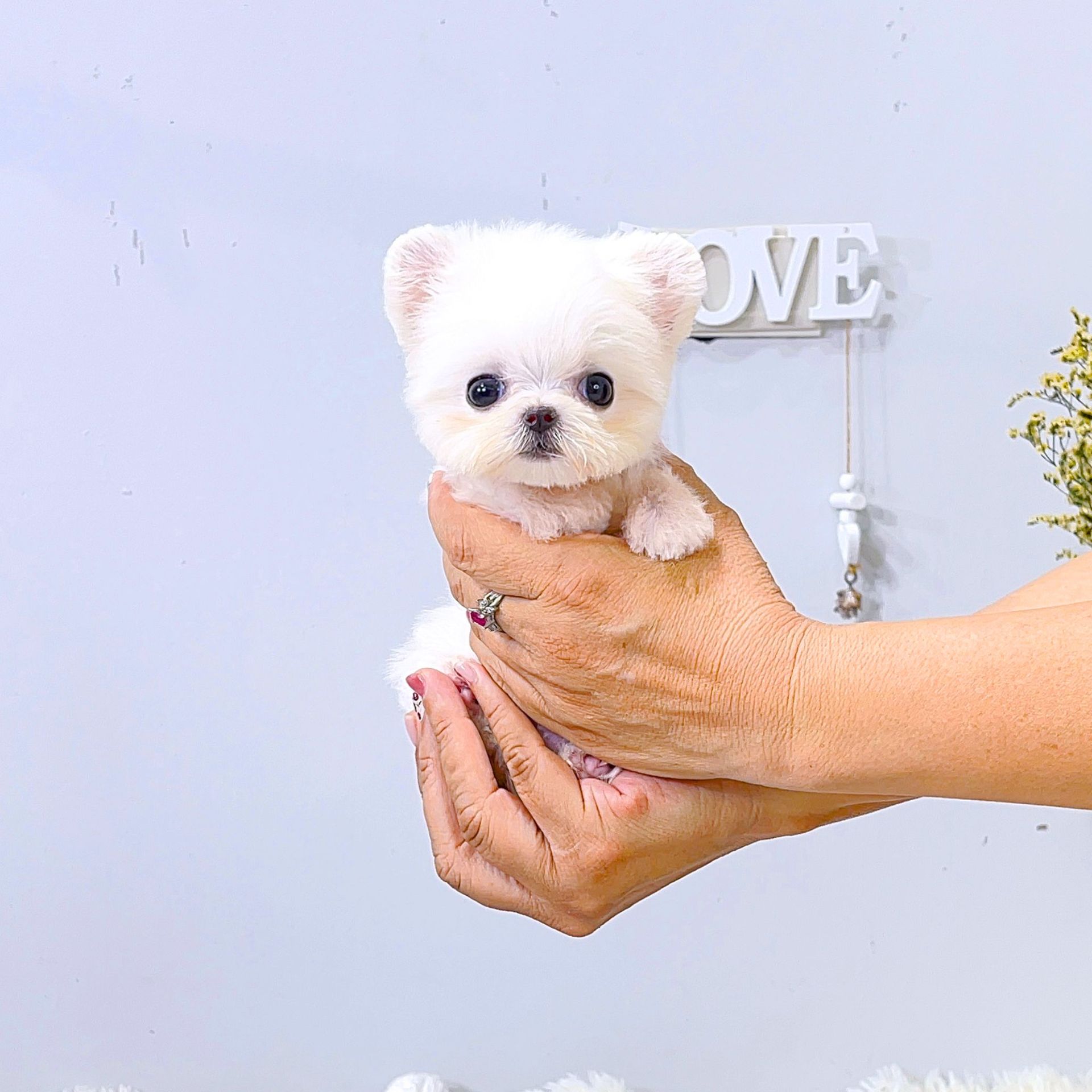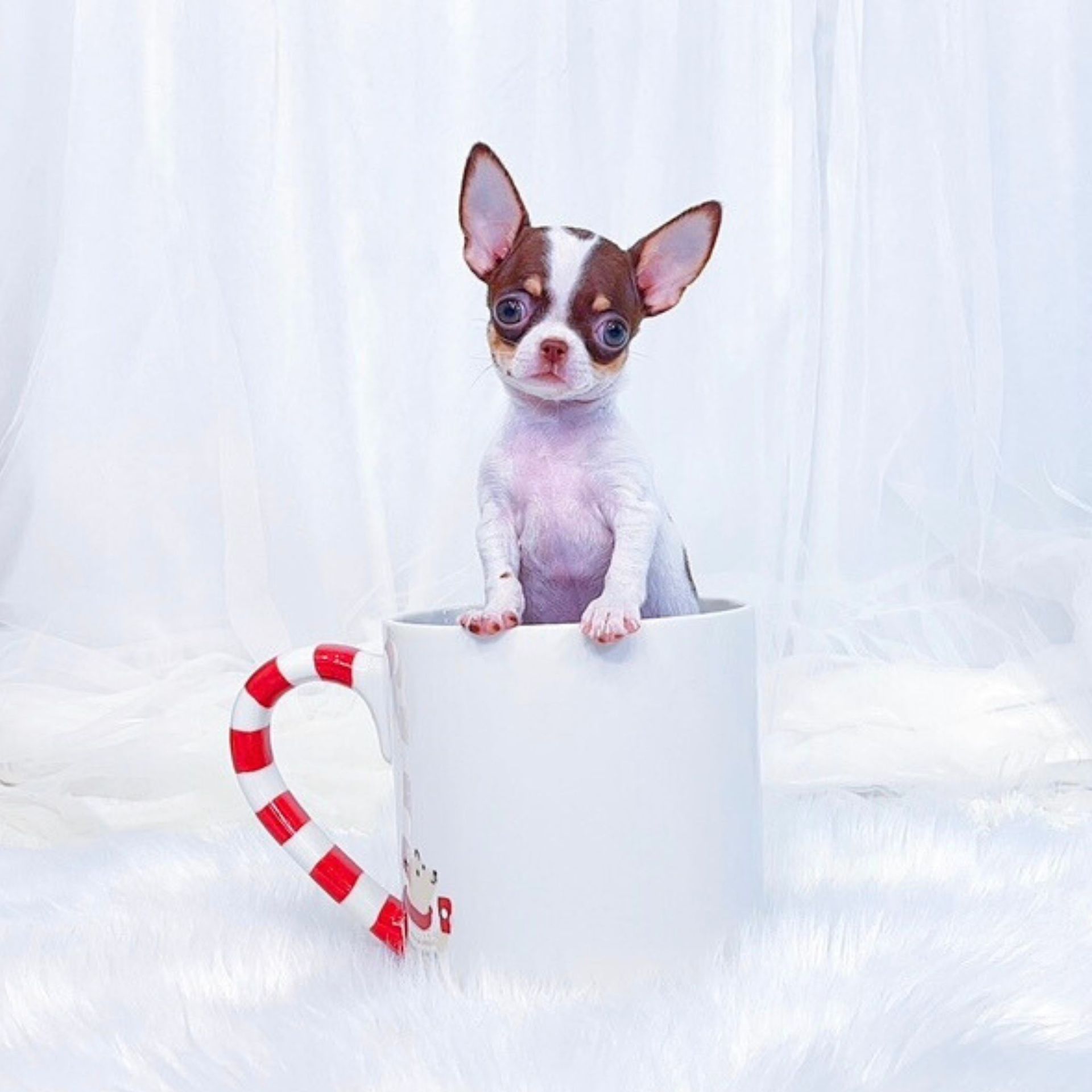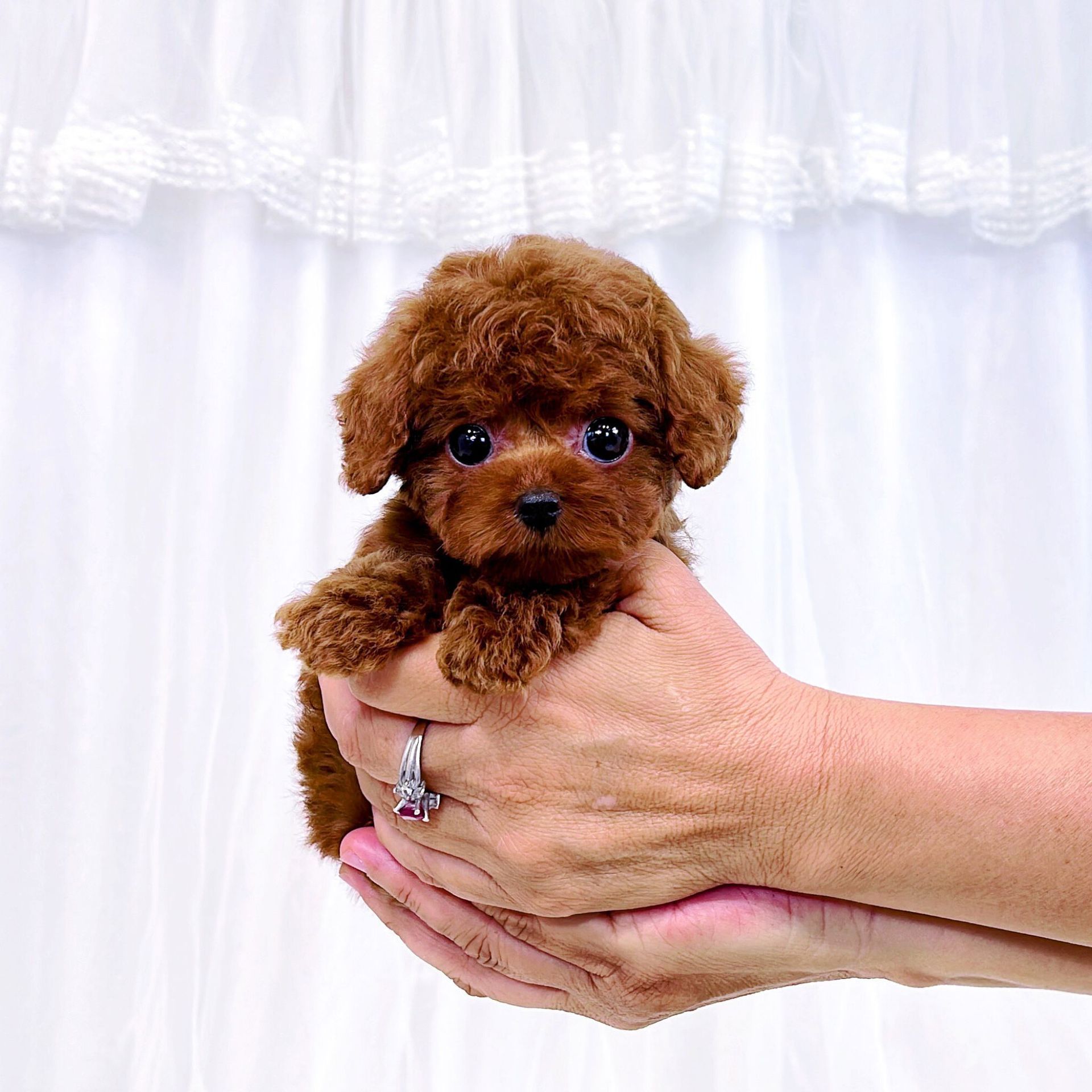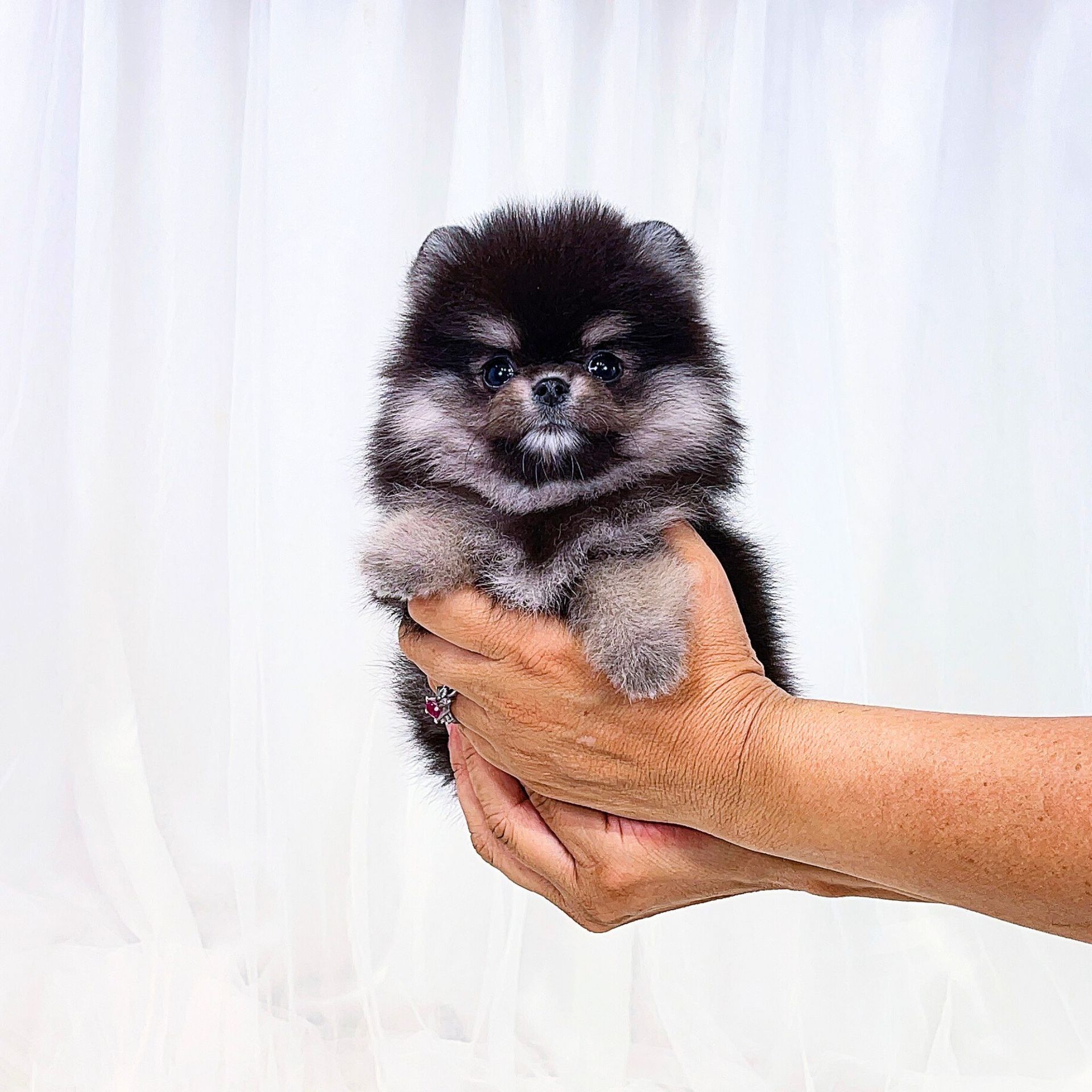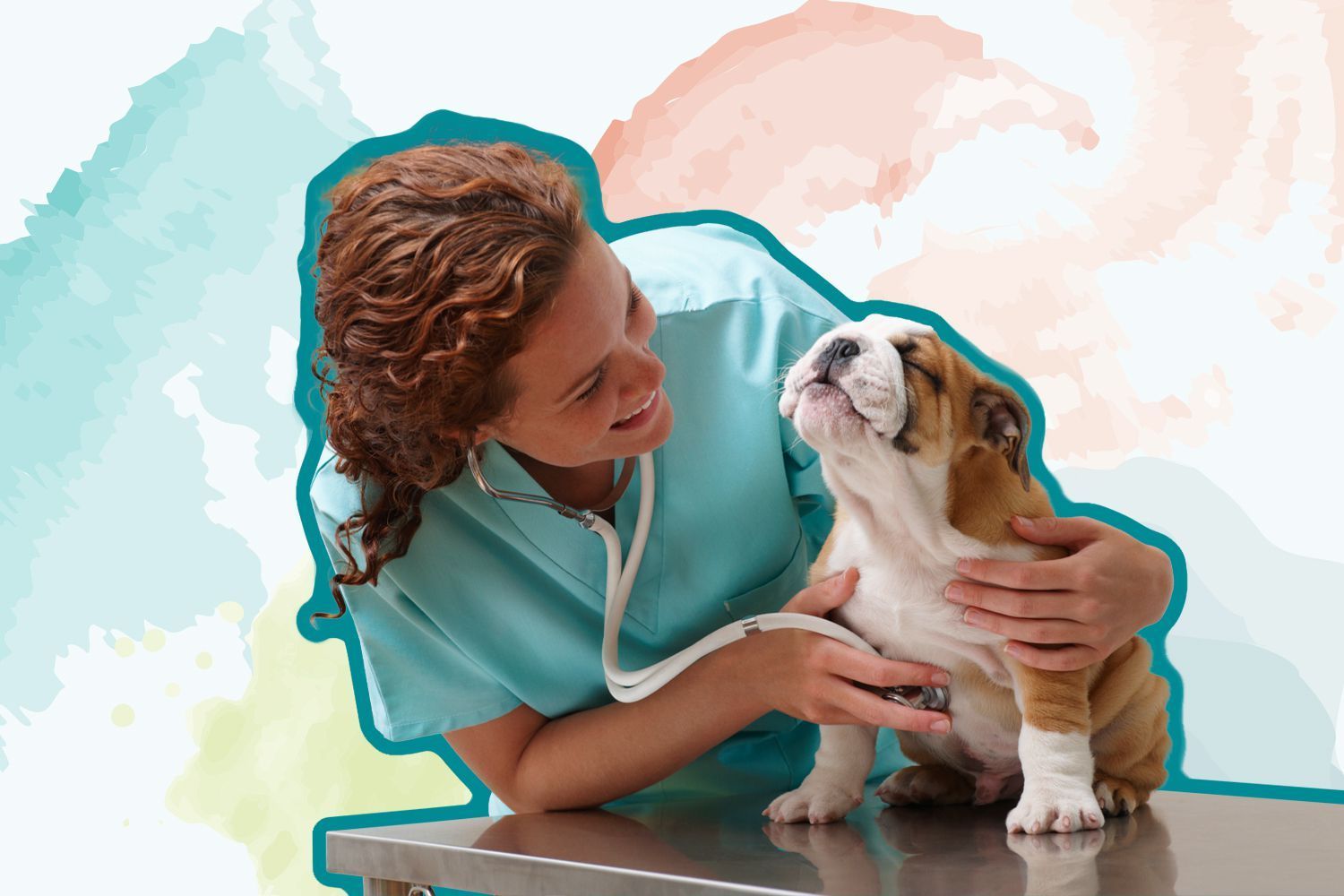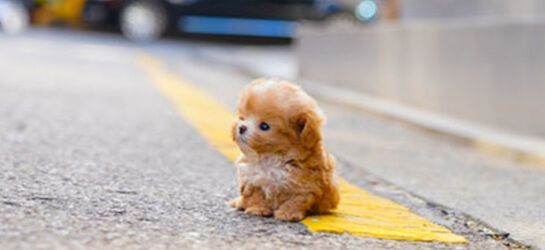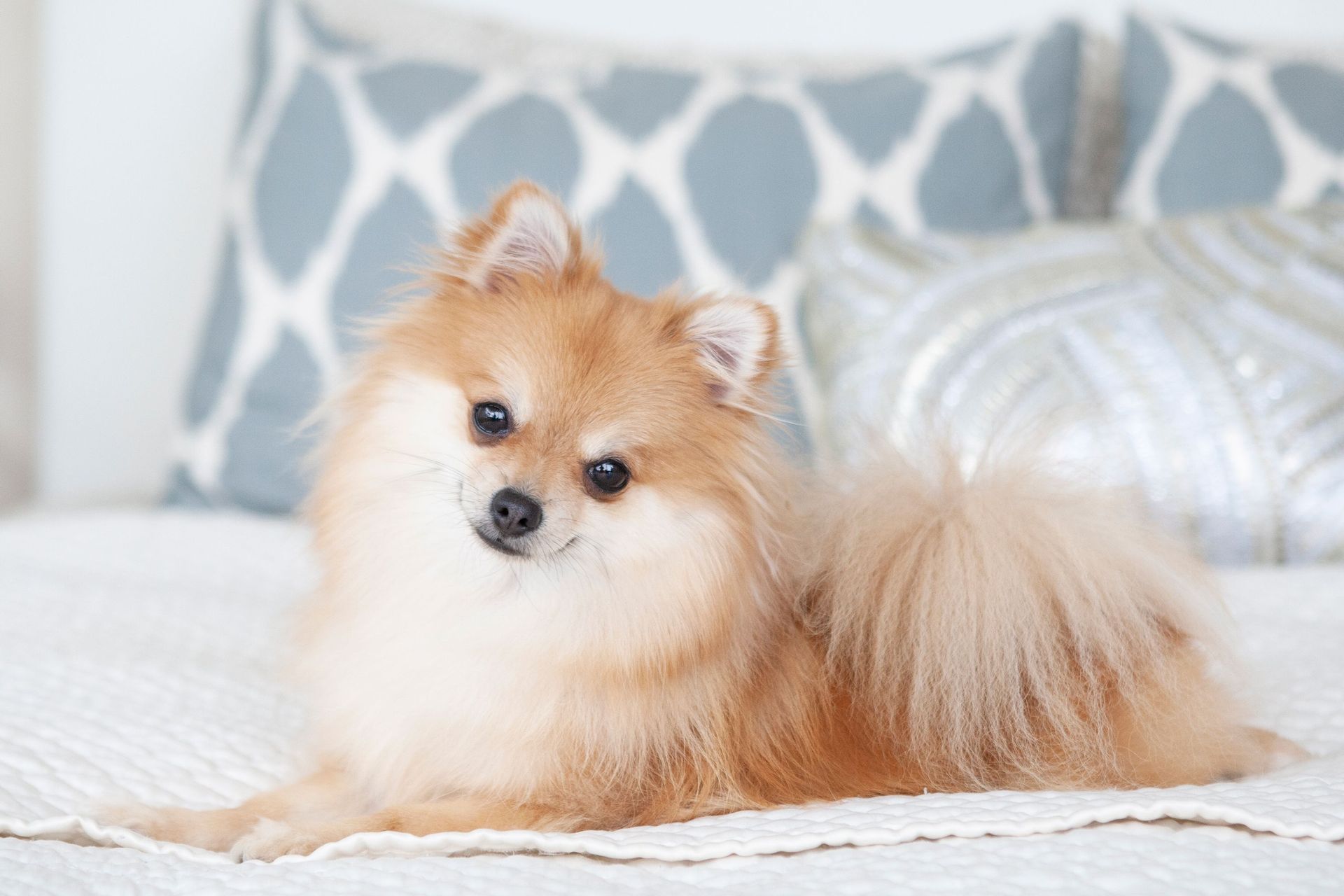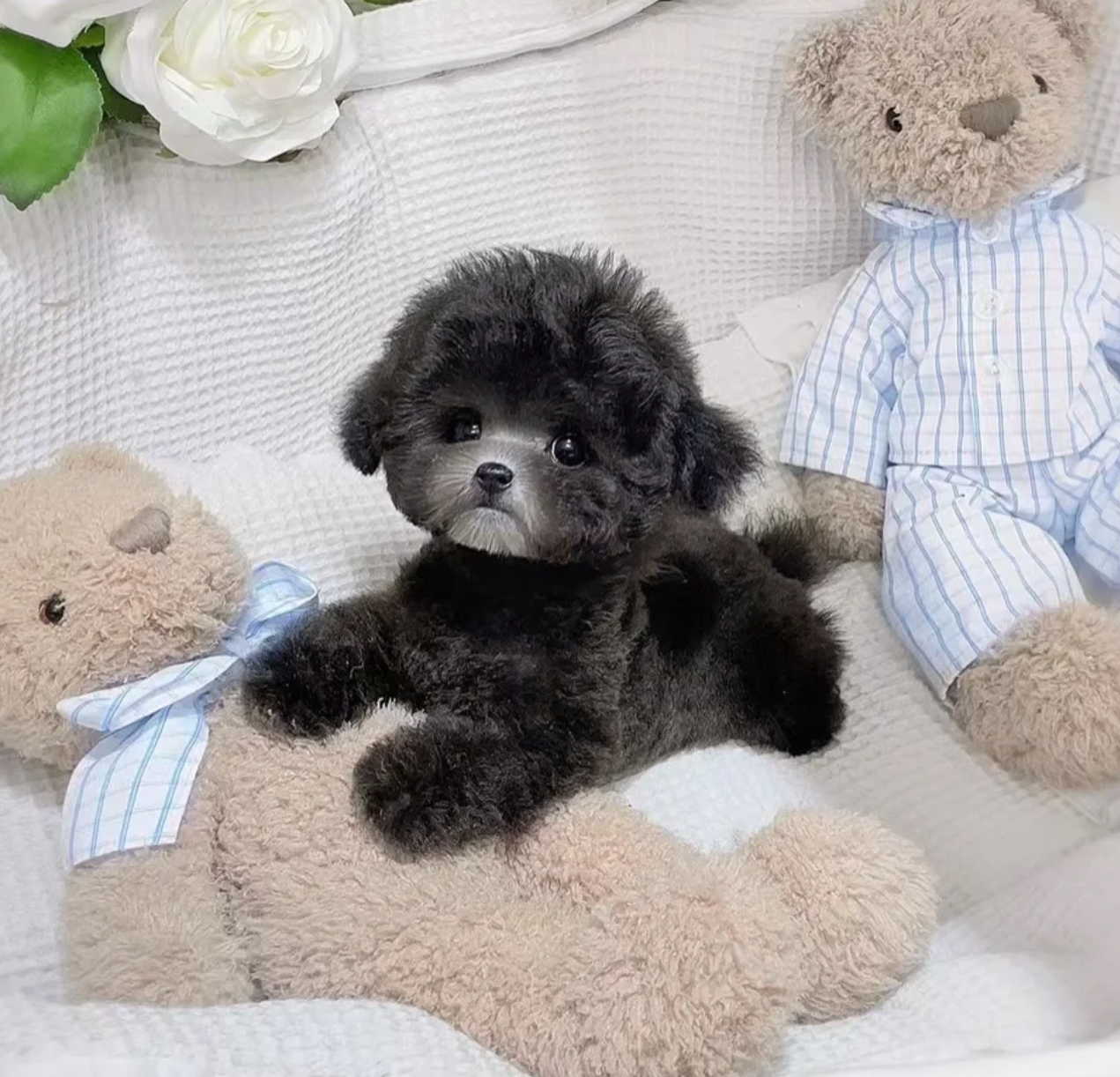Call Us Today!
Teacup Poodle, A Tiny Companion with a Big Heart
The Teacup Poodle is an ultra-miniature version of the Toy Poodle, weighing up to 6 pounds and standing no more than 9 inches tall. Known for their intelligence, affectionate nature, and lively personality, Teacup Poodles are highly trainable and form strong bonds with their owners. Despite their small size, they have a long life expectancy of 12 to 15 years but can be prone to health issues like hypoglycemia and dental problems. Their origins trace back to the Poodle breed’s development in Germany and popularity in France as a water retriever, with the Teacup variety emerging from selective breeding to create an even smaller companion dog.
The Teacup Poodle is selectively bred from Toy Poodles to achieve its tiny size, resulting in very small litters of only one or two puppies. Although Teacup Poodles may have purebred Poodle lineage, they are not recognized as a separate breed by the American Kennel Club (AKC). They don’t meet the AKC’s breed standards for Toy Poodles because they are significantly smaller than the standard size for toy breeds.
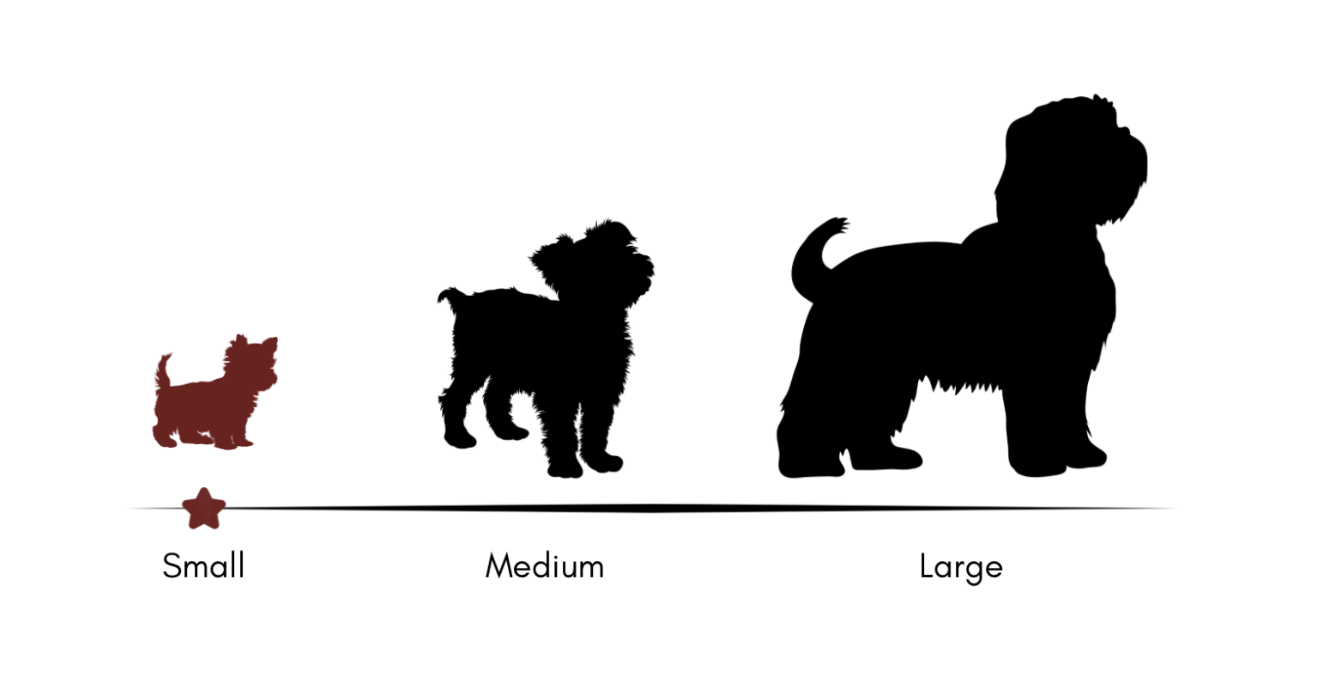
Coat Type of Teacup Poodles
The Teacup Poodle has a coat similar to standard-sized Poodles: short, thick, and curly, with minimal shedding. Regular brushing is essential to prevent matting and tangles, and frequent grooming and bathing will help keep their hair out of their eyes and maintain a neat appearance. Teacup Poodles are considered hypoallergenic, making them a suitable option for individuals with allergies.
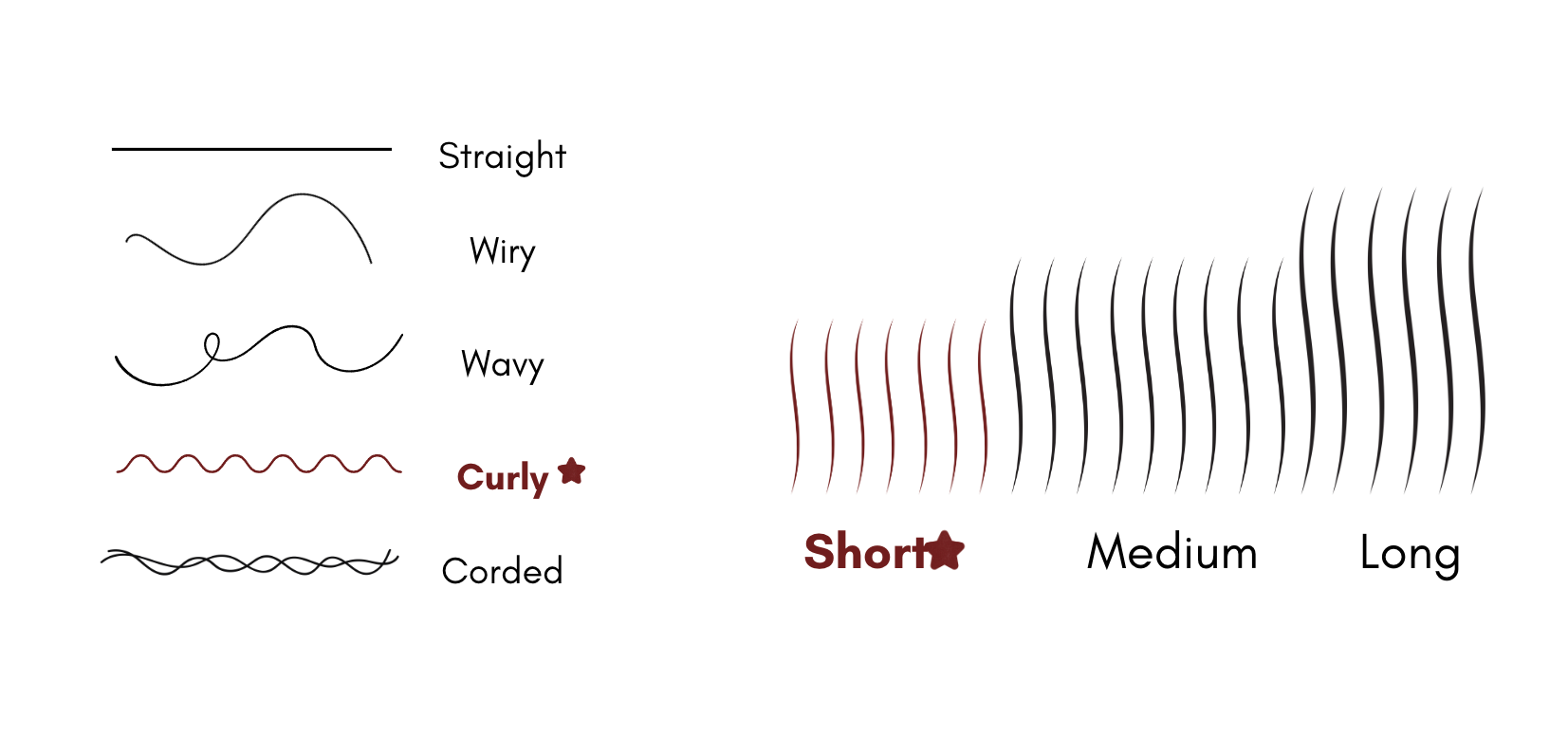
Temperament and Personality
Teacup Poodles are known for their friendly, affectionate, and intelligent temperament. They are loyal and devoted to their owners, often following them from room to room, and thrive on companionship. Due to their attachment, however, they can develop separation anxiety if left alone for long periods. Their intelligence makes them quick learners, and they enjoy the bonding time spent learning new tricks and commands. Although Teacup Poodles are not typically aggressive or prone to a high prey drive, they may be vocal if they sense something unusual around the home.
In terms of social compatibility, Teacup Poodles are affectionate and enjoy close physical proximity, happily cuddling on the couch or sleeping nearby. While they generally get along well with other animals, they may not be suited for households with very young children or large dogs due to their small, delicate size, which can make them vulnerable to rough play. Families with older children who understand gentle handling are a better match. Teacup Poodles are typically non-aggressive, though anxiety or lack of stimulation can lead to occasional barking or nervous behaviors, which can be managed with ample companionship and designated playtimes.
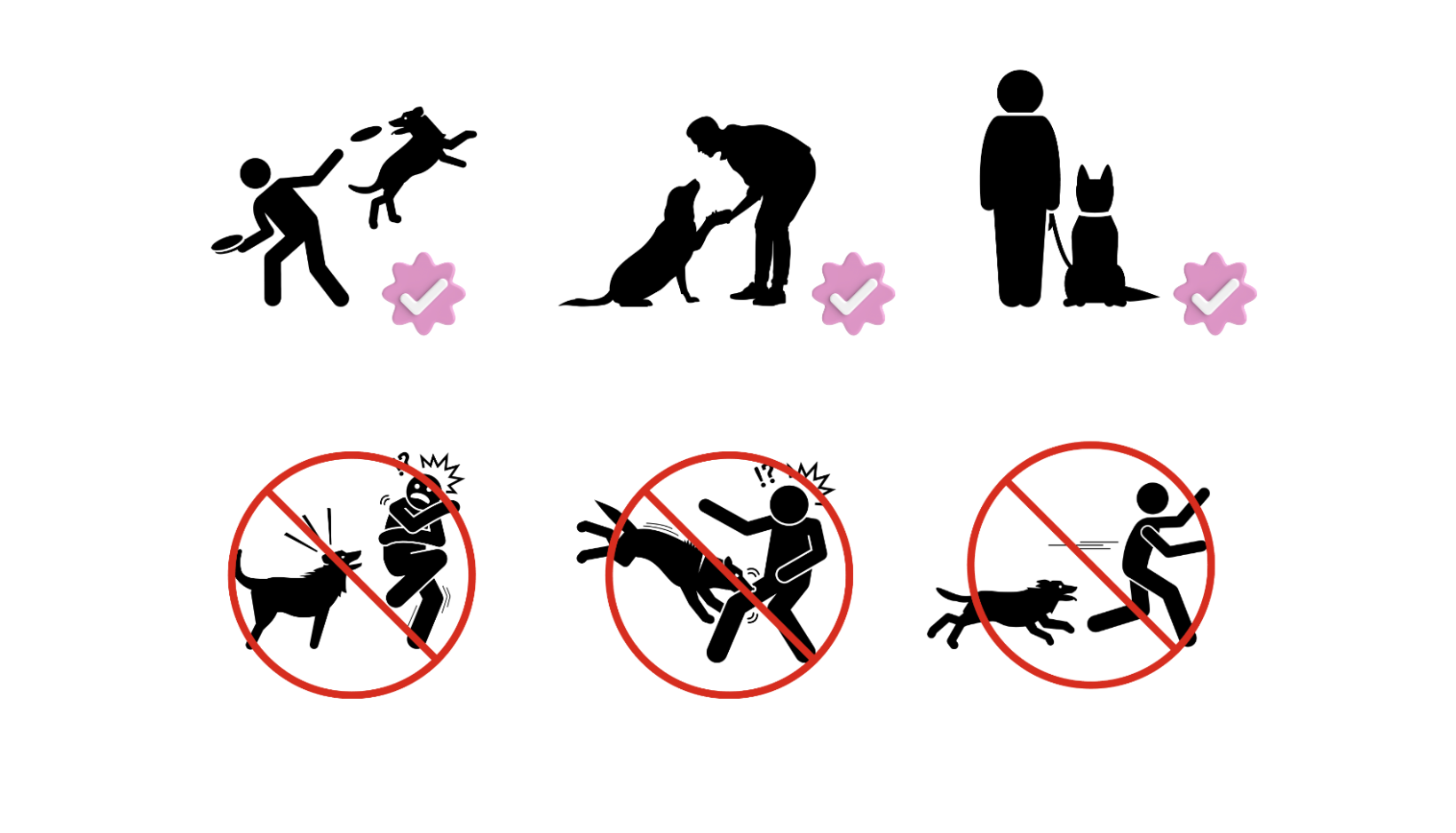
Intelligence and Energy level
Teacup Poodles are highly intelligent and quick learners, making them relatively easy to train. They can master basic commands and pick up complex tricks with enthusiasm, especially since they love mental challenges and are eager to please their owners. Their affectionate and loyal nature further contributes to their trainability, as they enjoy bonding with their owners through training sessions and take well to positive reinforcement.
With a moderate energy level, Teacup Poodles are playful and benefit from daily activity to stay healthy and happy. They typically enjoy two short walks a day, around 15 minutes each, and tend to stay active by playing with toys and engaging with family members around the house. Their manageable energy needs make them ideal for both apartment living and homes where indoor play is a significant part of their routine.
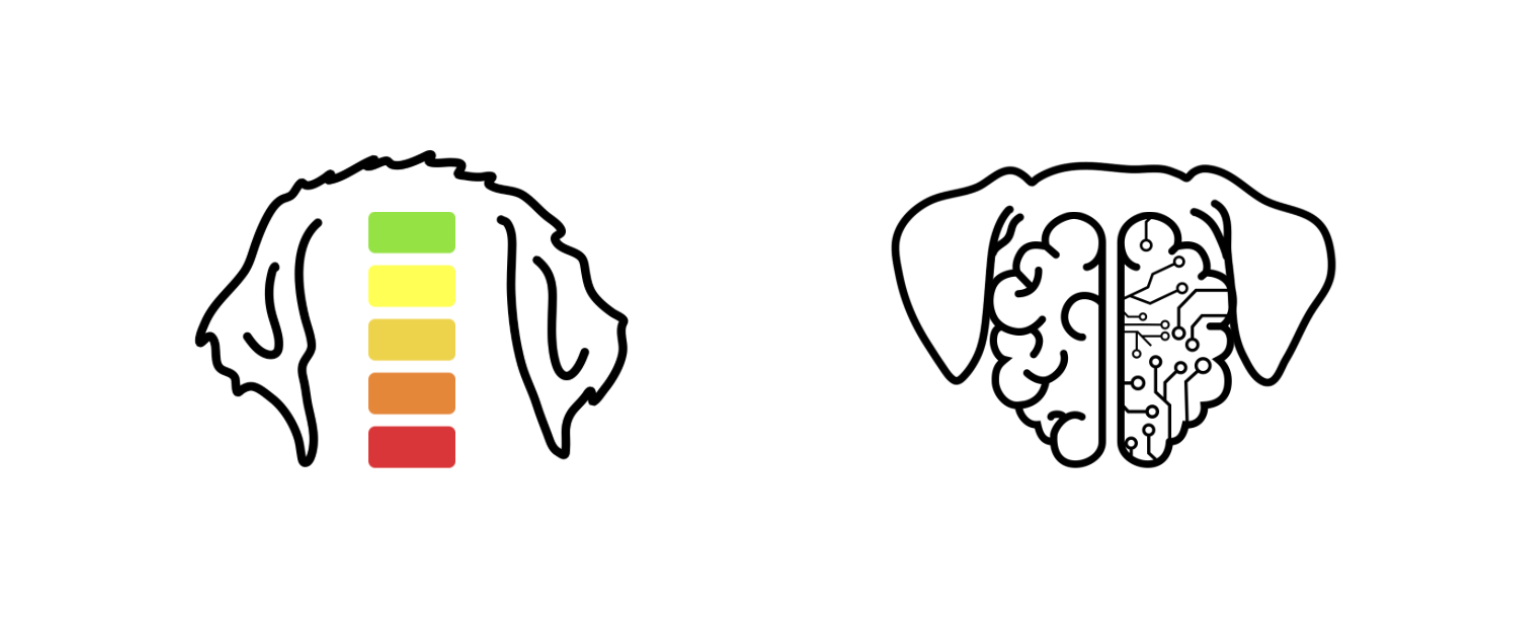
Care for a Teacup Poodle
Teacup Poodles have moderate maintenance needs and benefit from a regular care routine to stay happy and healthy. These affectionate dogs are prone to anxiety and loneliness, so they need plenty of time with their owners, daily playtime, toys for mental stimulation, and two short walks each day. Regular brushing, a few times a week, helps prevent tangles and mats, and professional grooming is recommended to keep their coat tidy.
Due to their small size, consider doggy stairs for high couches or beds to prevent injury. Additionally, Teacup Poodles require constant access to fresh water and a balanced diet of high-quality dry or wet food, split into two or three meals daily, with nutritious treats as a supplement.
